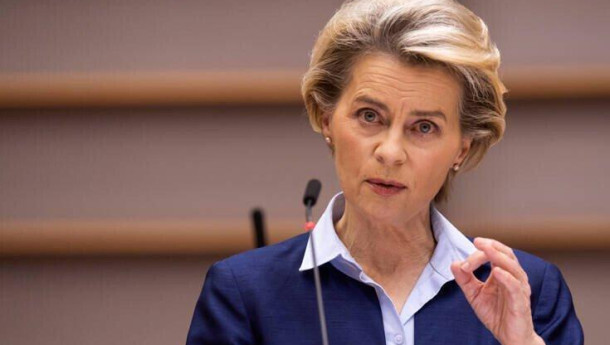
The European Commission has been promoting the idea of creating a bi-communal solar power plant that would “contribute to meet the energy needs of both communities”, European Commission President Ursula von der Leyen said in an interview with the Cyprus News Agency. This Commission has “prepared the ground for the development of a pre-feasibility study” according to the President.
Von der Leyen also commented on potential confidence building measures between the two communities in Cyprus, saying that there could be an agreement regarding the distribution of electricity generated from natural gas using the FSRU Terminal under construction on the island, which could launch “a broader discussion about energy management in Cyprus”.
Responding to written questions on issues of energy, Von der Leyen underlined that the Commission expects Turkey to abstain from unilateral actions against EU member states and stressed that “renewed unilateral actions or provocations in breach of international law” would have “political and economic consequences” for the country.
In her interview, Von der Leyen also talked about the way Cyprus can contribute to the EU’s energy security ahead of the winter through energy savings, and explained that the EU is focusing in diversifying its natural gas sources in order to prevent dependencies in the future.
She also underlined that she believes that the majority of Europeans understand the need for sanctions against Russia for its invasion against Ukraine and added that Moscow bears sole responsibility for increased energy and food prices.
Energy and confidence building in Cyprus
Asked to comment whether a set of confidence building measures including agreements regarding hydrocarbons before reunification could balance the Cypriot government’s prerogative to make decisions on energy with the Turkish Cypriot community’s desire to participate in decision making in energy, Von der Leyen focused on the issue of electricity production.
“An agreement between the two communities about the exploitation of the hydrocarbon resources in Cyprus’ Exclusive Economic Zone, for example regarding the distribution of the electricity generated using the FSRU Terminal, can launch a broader discussion about energy management in Cyprus and how best to connect Cyprus to the European electricity network” she said.
“If well implemented, we believe that this confidence-building measure would facilitate the reunification of Cyprus” she added.
Called to comment on information that the Commission is working with the two sides towards a solar energy project in the buffer zone, and whether the EU should be more active in promoting cooperation through renewables, Von der Leyen confirmed that discussions for such a project are ongoing.
“The Commission is active. We have prepared the ground for the development of a pre-feasibility study to establish a bi-communal solar power plant, compatible with the technical requirements of the power grids” she noted.
“This facility would contribute to meet the energy needs of both communities, increasing the rate of renewable energy sources in the energy mix, in line with the European Green Deal” she explained.
“Energy is a key sector for Cyprus. It holds great opportunities for the communities to come closer. The Commission is ready to support the efforts in this sector, including for planning a future unified energy system” the President of the Commission underlined.
Responding to a different question, she pointed out that “through the Technical Support Instrument, the Commission is supporting Cyprus with the deployment of renewable energy sources” and “the promotion of energy efficiency”.
“For example, we have supported Cyprus in revising the national energy and climate targets, policies and measures for energy and climate in order to update its National Energy and Climate Plan. Its roadmap to a climate neutral future” she said.
“We have also supported the Cypriot authorities in finalising its Territorial Just Transition Plan. Thanks to this, Cyprus will benefit from €101 million under the Just Transition Fund, for the shift towards a low-carbon economy. And we are now working with Cyprus on its new National Hydrogen Strategy” she explained.
Cyprus’s energy potential and Turkey’s role
President Von der Leyen was also called to comment on Turkey’s role in hampering the Cypriot hydrocarbons exploration program through promoting claims that are not in line with international law, given the EU’s need for alternative sources for natural gas, and how the EU can defend what are essentially its own energy security interests.
“The EU was very clear with Turkey that the quality of our relationship and cooperation depends on sustained efforts in de-escalating tensions and in refraining from provocations against EU Member States” Von der Leyen said, adding that “we continue to expect and demand from Turkey abstention from unilateral actions or provocations against the EU or its Member States which are in breach of international law” and that “this is crucial for any kind of progress in our relations with Turkey”.
“Should Turkey not engage constructively in developing a genuine partnership with the EU, but instead return to renewed unilateral actions or provocations in breach of international law, this would bear political and economic consequences” she stressed.
Cyprus can contribute through energy savings
Prompted to comment how Cyprus could contribute in natural gas savings ahead of the winter given that it does not use natural gas for electricity production or heating, and whether new LNG terminals being constructed or proposed in Cyprus could make a difference, the Commissioner President pointed out that “energy savings, from all sources, contribute to building our resilience at European level”.
“There is no small contribution. The more we save and the quicker we do it, the safer we will be. Moreover, it is important to send to the markets a signal of EU unity and solidarity. This will help stabilise them” she added.
“This is why Tuesday’s agreement by the Member States on coordinated measures for an EU-wide reduction of gas demand, based on our preparedness plan, is good news” Von der Leyen noted referring to the agreement arrived on the level of the Council of the EU on July 26th 2022.
“But of course, this agreement takes into account national specificities like the one you mention” the President said, pointing out that “in the space of one week, the EU has agreed to take an unprecedented and decisive step to face down the threat of a full gas disruption by Putin. The collective commitment to reduce gas consumption by 15% is significant. It will help fill our storage ahead of winter, mainly on continental Europe”.
Russian natural gas and diversification
Asked whether Europe could ever realistically ban Russian gas, the Commission President underlined that “the EU has not proposed to ban imports of Russian gas” but added that “it is clear that Russia has become an unreliable supplier”.
“It has cut gas supplies to 13 Member States, fully or partially. In addition, Russia is also financing its war by fossil fuel revenues and we are determined to get rid of our dependency on Russian fossil fuels, including gas. This is what we are doing through our REPowerEU plan, which of course includes energy savings and efficiency, but also two other very important tracks” according to the President.
The first track, Ursula von der Leyen said, is “with massive investments in renewables” because “they are good for the planet and good for our security of supply”. In this context, she said, “Europe’s recovery plan NextGenerationEU will invest €89 million in renewables and energy efficiency projects in Cyprus”.
The second track, continued the Commission President, is “with supply diversification” with the EU “now turning to more reliable energy partners”.
“We already have record levels of LNG deliveries from the US. And growing volumes of gas are coming from Norway, Gulf States, Algeria, or the Caspian Sea. More and more countries, all around the world, are stepping up” she stressed, adding that “the results are here”.
“Over the first semester of 2022, we have imported 38 bcm more non-Russian LNG and pipeline gas. This more than compensates the 28 bcm in reduction of the supply of Russian pipeline gas” she explained.
“Finally, in the longer term, our goal is to be climate neutral by 2050. This is of course crucial for our future on this planet from an environmental perspective, but it will also mean that we abolish our dependency on fossil fuels, wherever they come from” the President said.
When asked to comment on the possibility of abolishing unanimity when it comes to sanctions regarding certain categories of aggression and breaking international law, Von der Leyen pointed out that “there is qualified majority voting on many topics already” and explained that “if countries know in advance that the final decision can be taken by a qualified majority vote, they have a strong incentive to negotiate, to create alliances and to shape the consensus”.
“But politically I would always prefer an united stance when it comes to condemn the breach of international laws and other core values” she continued.
Diversification and new dependencies
CNA also asked President Von der Leyen to explain whether the EU’s recent deals for energy diversification with regimes such as the ones in Egypt and Azerbaijan could lead to similar dependencies that could imperil Europe’s energy security and values.
“Dependency happens when a big proportion of a needed commodity is taken from one supplier only. These recent agreements are part of our diversification efforts, turning towards more trustworthy suppliers” Von der Leyen said.
“In addition, unlike Russia, none of these countries is hostile to the EU. They have no track record in weaponising energy sources and they show interest in developing mutually benefiting partnerships” she pointed out, arguing that “our new energy agreements with Egypt and Azerbaijan not only aim to increase liquefied natural gas deliveries to Europe, they also lay the foundation for a long-term partnerships on energy efficiency and clean energy”.
Defusing the challenge of rising prices
Asked to comment on the possibility of increased public reaction to measures taken against Russia to support Ukraine, and on what the Commission can do to defuse this situation to prevent political instability in Europe, the head of the Commission underlined that “there is only one responsible for the soaring energy and food prices: Moscow”.
“This has to be very clear. I’m aware that the Kremlin is trying to impose its dishonest narrative but the facts are here: Russia has been using energy as a weapon, even months before its war on Ukraine. Gazprom has intentionally kept gas supply as low as possible, despite the high gas prices. That’s why we are reducing our dependency on all Russian fossil fuels as quickly as possible” she also said.
“In the meantime, governments can of course support consumers and businesses to deal with the high prices resulting from the Kremlin’s strategy. We have explained to them what are the measures available to do so” Von der Leyen explained.
“I am convinced that Europeans in their large majority understand well that we stand up for Ukraine, because our peace and international order is at stake. Our Eurobarometer survey shows large consensus among EU citizens in all EU Member States in favour of the EU’s response to Russia’s invasion of Ukraine” she added.


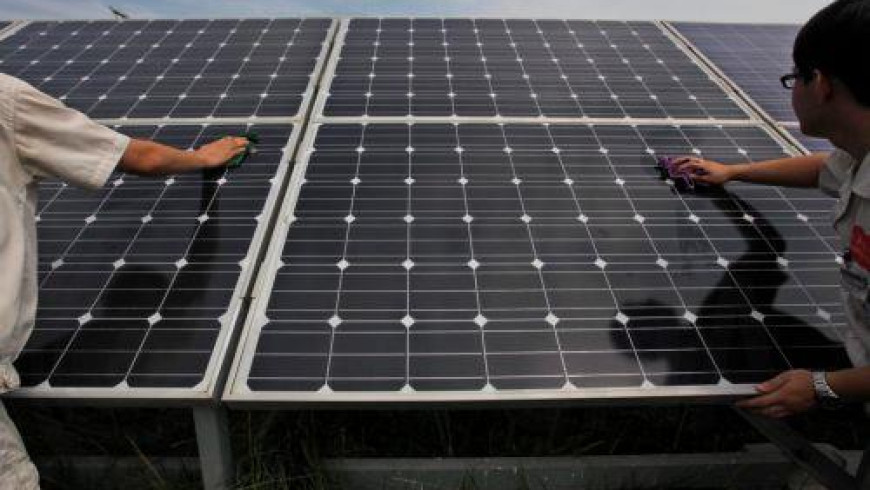
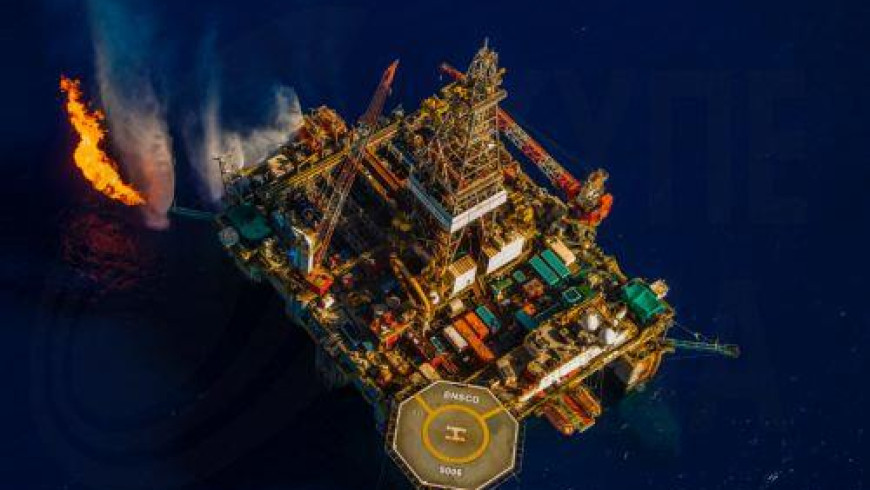
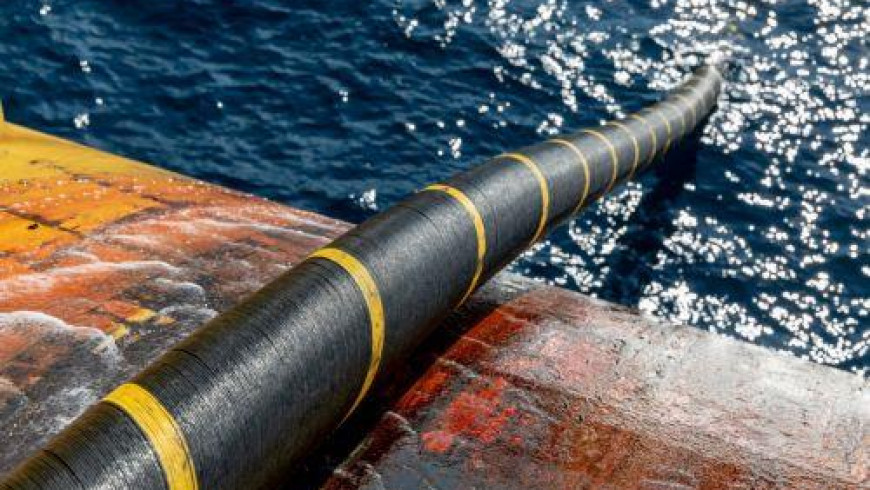
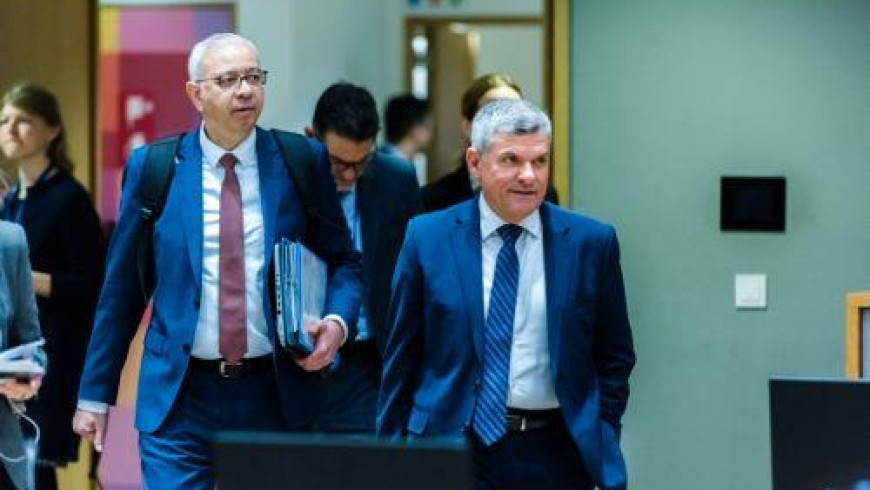
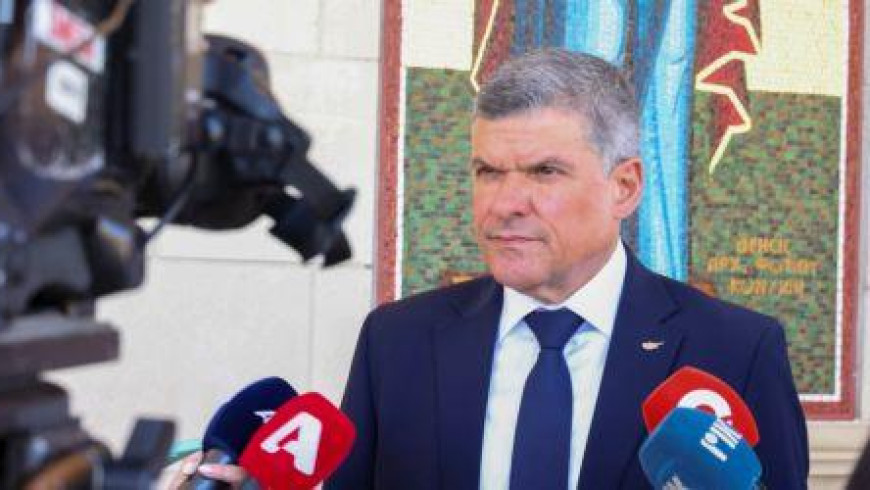
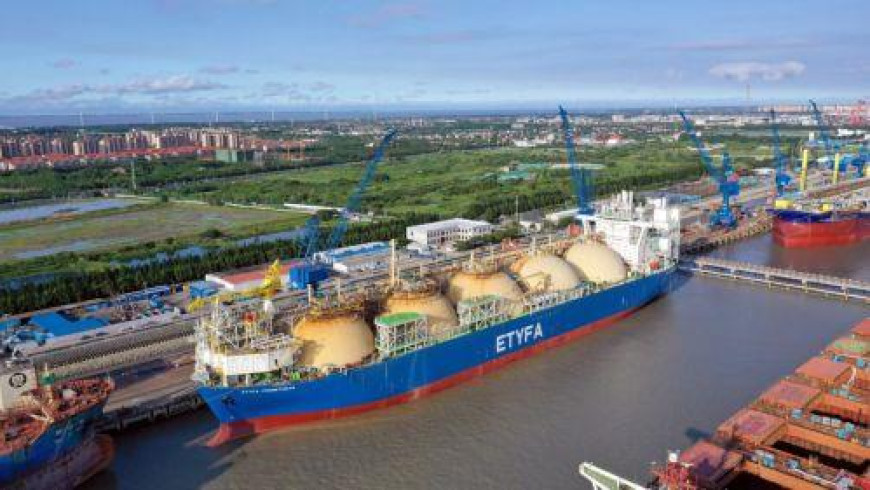
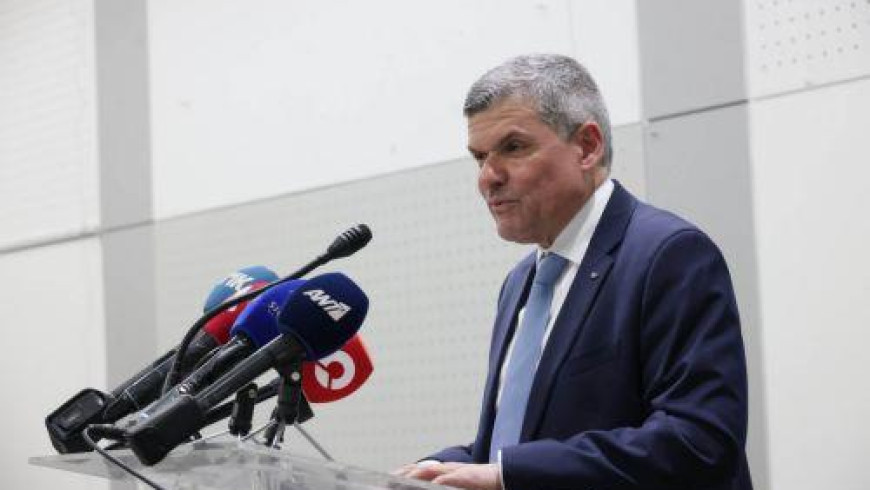




 3287.99
3287.99 1275.09
1275.09
